
Offering Support After the Texas Hill Country Flooding
Offering Support After the Texas Hill Country Flooding By: Rane Wallace, MS, LPC, LCDC, SAP When tragedy strikes, it comes out of nowhere. And it

For those who didn’t already know, post-traumatic stress disorder (PTSD) is an anxiety disorder stemming from disturbing or frightening events. Generally, symptoms include experiencing intense, troubling thoughts and feelings long after the traumatic event has passed; and studies show that PTSD affects approximately 3.5% of the U.S. population each year. However, going to PTSD counseling in Fort Worth can help.
As an experienced PTSD counselor in Fort Worth, our practitioners have helped countless people overcome their battle with PTSD. If you or a loved one is struggling, these PTSD coping strategies can help:
Simply put, mindfulness is the practice of retraining your mind. It helps people focus on the present moment, and it’s been scientifically proven to ease anxiety and depression. Additionally, mindfulness eases PTSD symptoms like avoidance and hyperarousal.
Attending counseling for PTSD can jumpstart your mindfulness journey. However — if you’re struggling — everyday conversation is a great place to start. When talking to someone, practice being fully present. Listen with the intent of truly hearing – instead of merely listening to respond.
Another coping strategy recommended by our Fort Worth PTSD counseling team is journaling. Essentially, journaling is any form of writing, that helps you process your mental health issues, tough emotions, and everyday interactions.
If you’re interested in journaling for mental health, there are plenty of ways to go about it. Personally, we recommend making a gratitude list, “mind dumping,” or using one of these journaling prompts for PTSD:
As humans, we find ways to cope with uncomfortable feelings. But of course, coping can be both positive and negative. While negative coping skills might help at the moment, they often lead to long-term consequences (think: substance abuse, self-harm, smoking cigarettes, risky sex, etc.). On the other hand, positive coping skills enhance your quality of life – with little to no cost.
During therapy, with clients suffering from PTSD, at Fort Wellness Counseling we help our clients identify positive coping skills that work for them. If you need a bit of inspiration, here are some ideas:
One of the best ways to cope with past trauma is to attend PTSD therapy in Fort Worth, TX. There are many different kinds of therapy that treat PTSD, and — lucky for you — Fort Wellness Counseling has several:
CBT is a popular talk therapy technique that teaches people how to recognize — then change — the negative thought patterns causing emotional harm.
EMDR is a widely accepted (and extremely effective) kind of treatment for PTSD counseling. Essentially, EMDR safely exposes you to things associated with your traumatic experience. Then, you’re taught how to navigate and overcome those triggers.
DBT is a form of cognitive behavioral therapy designed for people who experience emotions very intensely. Dialectical means combining opposite ideas, and DBT focuses on helping people accept the reality of their lives and behaviors. Additionally, it helps people transform their lives by changing unhelpful behaviors.
If you or a loved one is looking for PTSD Counseling in Fort Worth, Fort Wellness Counseling is here for you. Not only do we have ample experience helping people overcome PTSD, but we provide individualized treatment plans that equip you with the skills and strategies to accomplish long-term change.
Contact our team to learn more about how we can serve you.

Offering Support After the Texas Hill Country Flooding By: Rane Wallace, MS, LPC, LCDC, SAP When tragedy strikes, it comes out of nowhere. And it

Family Vacations & Your Mental Peace: Strategies for Stress-Free Summer Travel By: Rane Wallace, MS, LPC, LCDC, SAP Of course, traveling with your family is

Mental Health 101: Debunking Common Myths By: Rane Wallace, MS, LPC, LCDC, SAP Every May, Mental Health Awareness Month raises awareness and advocacy for people

Medical Trauma: Understanding and Healing from Difficult Healthcare Experiences By: Rane Wallace, MS, LPC, LCDC, SAP Over the years, I’ve come to understand that for

Social Media Depression: Beyond FOMO to Algorithm-Induced Mood Change By: Rane Wallace, MS, LPC, LCDC, SAP I’ve seen this happen so many times with patients,

How to Wind Down at Night: Simple Sleep Hygiene Tips By: Rane Wallace, MS, LPC, LCDC, SAP Sleep hygiene might sound like a fancy term,

Pregnancy and Postpartum Anxiety Treatment in Fort Worth By: Rane Wallace, MS, LPC, LCDC, SAP Have you or a loved one experienced anxiety during pregnancy

Breaking the ‘New Year, New Me’ Mindset: A Guide to Sustainable Change By: Rane Wallace, MS, LPC, LCDC, SAP In my years as a therapist,

How to Support a Partner with Chronic Illness: A Mental Health Perspective By: Rane Wallace, MS, LPC, LCDC, SAP Living with a chronic illness can

EMDR for Attachment Issues: Building Healthy Relationships By: Rane Wallace, MS, LPC, LCDC, SAP When you hear “EMDR therapy” (Eye Movement Desensitization and Reprocessing), you

How to Deal with a Narcissistic Partner By: Rane Wallace, MS, LPC, LCDC, SAP Do you ever feel like your partner thinks they’re better than

How to Recover from Burnout By: Rane Wallace, MS, LPC, LCDC, SAP Burnout is a common struggle in today’s fast-paced world. Life’s relentless demands can

The Benefits of Attending Couples Counseling By: Rane Wallace, MS, LPC, LCDC, SAP There’s a misconception about couples counseling – that it signals the end

Things to Know About Individual Counseling in Fort Worth, TX By: Rane Wallace, MS, LPC, LCDC, SAP May is Mental Health Awareness Month, a good

Everything You Need to Know About EMDR Therapy By: Rane Wallace, MS, LPC, LCDC, SAP Have you heard about EMDR therapy and want to learn

What is Nature Therapy? (And Why You Should Be Doing It!) By: Rane Wallace, MS, LPC, LCDC, SAP Let’s face it: there’s just something about
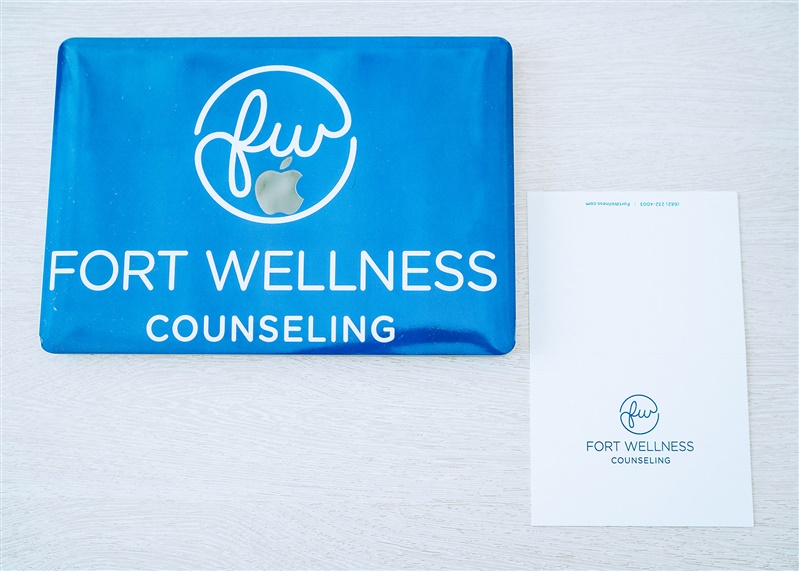
The Benefits of Virtual Therapy in Texas By: Rane Wallace, MS, LPC, LCDC, SAP Technology is changing everything, and healthcare is no different! Thanks to

How to Get Over a Breakup By: Rane Wallace, MS, LPC, LCDC, SAP Breaking up with a romantic partner is painful – no matter the reason

How to Set New Year’s Resolutions By: Rane Wallace, MS, LPC, LCDC, SAP How to Set New Year’s Resolutions Setting goals gives us a sense
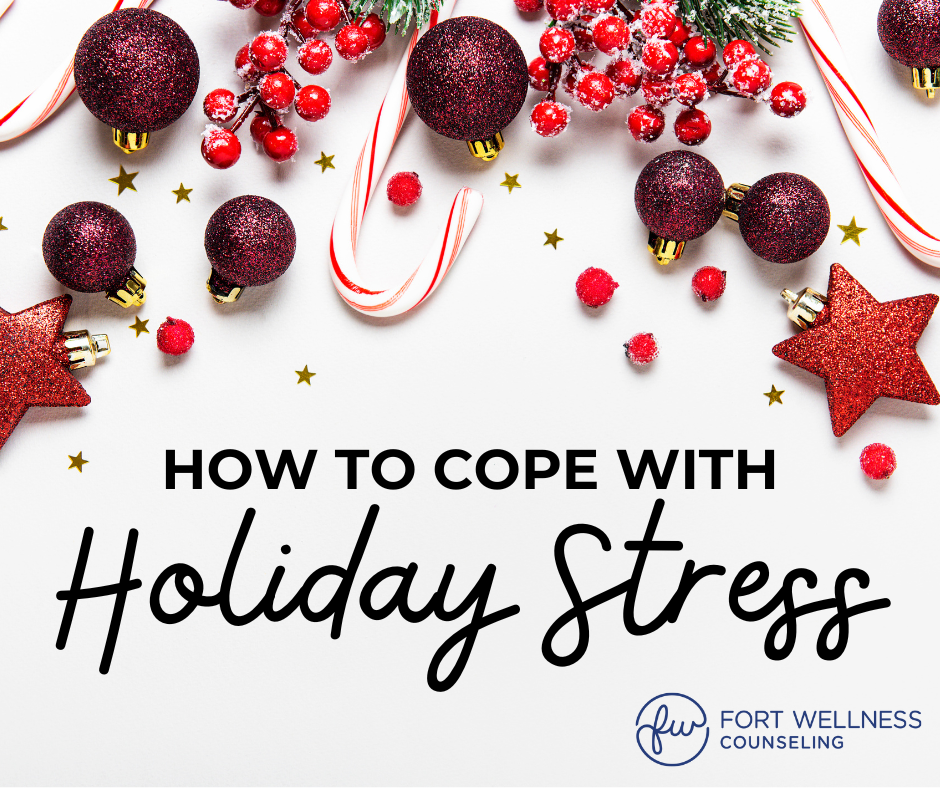
How to Cope with Holiday Stress By: Rane Wallace, MS, LPC, LCDC, SAP Say No to Prevent Burnout There are an abundance of obligations that

Trauma Therapy in Fort Worth: Types, Benefits & More By: Rane Wallace, MS, LPC, LCDC, SAP Believe it or not, an estimated 60% of men

How to Communicate Better in Relationships By: Rane Wallace, MS, LPC, LCDC, SAP Whether with coworkers or your significant other, the ability to communicate effectively

How to Prevent Seasonal Affective Disorder (SAD) By: Rane Wallace, MS, LPC, LCDC, SAP If you’re struggling with winter blues, know you’re not alone. SAD

What is a Functioning Alcoholic? By: Rane Wallace, MS, LPC, LCDC, SAP When someone is deemed a ‘high-functioning alcoholic,’ they’re able to carry out daily

How to Help Yourself – And Others – with Suicidal Ideation By: Rane Wallace, MS, LPC, LCDC, SAP September is Suicide Awareness Month. And while

32 Questions to Strengthen Your Relationship By: Rane Wallace, MS, LPC, LCDC, SAP When was the last time you had a meaningful conversation with your

The Fawn Response: How Trauma Can Lead to People Pleasing By: Rane Wallace, MS, LPC, LCDC, SAP Do you often find yourself putting the needs

How to Overcome ‘Hangxiety’ (Post-Drinking Anxiety) By: Rane Wallace, MS, LPC, LCDC, SAP Thought the consequences of drinking heavily were merely physical? Unfortunately, you’ll have

What is Box Breathing? Plus Tips for Beginners By: Rane Wallace, MS, LPC, LCDC, SAP Ever heard of box breathing? This popular relaxation technique involves

Do Mindfulness Exercises for Anxiety Work? By: Rane Wallace, MS, LPC, LCDC, SAP Do mindfulness exercises for anxiety work? If you (or people in your

What is Trauma Bonding? 4 Warning Signs By: Rane Wallace, MS, LPC, LCDC, SAP If you’ve ever been in an abusive relationship and felt bonded

Why Do We Cry? 4 Reasons and Crying Benefits By: Rane Wallace, MS, LPC, LCDC, SAP There’s no getting around it – crying is part

What Is Habit Stacking? (And How to Do It) By: Rane Wallace, MS, LPC, LCDC, SAP Supporting our mental health is one of those goals

5 Tips for Living with Someone with OCD By: Rane Wallace, MS, LPC, LCDC, SAP While living with OCD (obsessive-compulsive disorder) can be demanding, living

What is Assertive Communication? By: Rane Wallace, MS, LPC, LCDC, SAP So, what is assertive communication? Well, in a nutshell, this communication style aims to

PTSD Counseling in Fort Worth: Proven Coping Strategies By: Rane Wallace, MS, LPC, LCDC, SAP For those who didn’t already know, post-traumatic stress disorder (PTSD)

Brainspotting vs. EMDR: What’s the Difference? By: Rane Wallace, MS, LPC, LCDC, SAP According to the National Council for Mental Wellbeing, 70% of American adults

Mindfulness Exercises to Strengthen Your Recovery By: Rane Wallace, MS, LPC, LCDC, SAP Are you recovering from alcohol and/or substance abuse? Self-improvement is a life-long

How to Find a Counselor in Fort Worth By: Rane Wallace, MS, LPC, LCDC, SAP Are you considering therapy? If so, finding a counselor in

How To Not Be Codependent In A Relationship By: Rane Wallace, MS, LPC, LCDC, SAP Wondering how to not be codependent in a relationship? Sometimes

What is Parental Anxiety? Coping Tips from a Therapist By: Rane Wallace, MS, LPC, LCDC, SAP Every parent wants to shield their child from danger

What is EMDR Therapy? By: Rane Wallace, MS, LPC, LCDC, SAP Ever heard of eye movement desensitization and reprocessing therapy? More commonly known as EMDR,

8 Proven Tips to Sleep Better at Night (and Improve Your Mental Health) By: Rane Wallace, MS, LPC, LCDC, SAP Struggling with restless nights and

How to Have a Healthy Relationship with Social Media By: Rane Wallace, MS, LPC, LCDC, SAP In today’s world, there’s no escaping the presence of

What Is The Goal of Psychotherapy? By: Rane Wallace, MS, LPC, LCDC, SAP Have you been considering psychotherapy? The start of a new year is

What is Brainspotting Therapy? By: Rane Wallace, MS, LPC, LCDC, SAP Brainspotting therapy is a kind of alternative therapy that is gaining immense popularity in

Healing After an Affair: 7 Strategies for Affair Recovery Rane Wallace, MS, LPC, LCDC, SAP It doesn’t matter who you are – working through an

12 Benefits of Gratitude By: Rane Wallace, LPC, LCDC, SAP With Thanksgiving coming to a close, we thought it was fitting to explore the link

How to Avoid Seasonal Depression By: Rane Wallace, MS, LPC, LCDC, SAP Daylight savings has officially come and gone. For most of us, this means

Top 10 Ways for How To Keep Your Relationship Strong and Healthy By: Rane Wallace, MS, LPC, LCDC, SAP Relationships can be tricky whether you’re

10 Best Ways to Calm Yourself Down Rane Wallace, MS, LPC, LCDC, SAP When we’re navigating social media, complex relationships, and performance pressures, it’s easy

How to Set Boundaries Between Family Members By: Rane Wallace, MS, LPC, LCDC, SAP Learning how to set boundaries between family members is imperative. From

Understanding the Quarter-Life Crisis By: Rane Wallace, MS, LPC, LCDC, SAP You’ve probably heard of the ominous mid-life crisis, right? Having been stereotyped in plenty

Am I An Alcoholic? 6 Warning Signs of Alcoholism By: Rane Wallace, MS, LPC, LCDC, SAP Be honest, what comes to mind when you think

Top Coping Skills for Anxiety and Stress Management By: Rane Wallace, MS, LPC, LCDC, SAP Being well into our second year of a global pandemic,

5 Self-Care Journaling Prompts for Mental Health By: Rane Wallace, MS, LPC, LCDC, SAP In the world we live in today, mental health struggles are

What to Do While You Wait for Counseling By: Rane Wallace, MS, LPC, LCDC, SAP From problems with anxiety to depression to addiction problems, there

What is Postpartum Depression? (And How to Overcome It) By: Rane Wallace, MS, LPC, LCDC, SAP Have you or a loved one recently had a

The Effects of Stress on Your Body By: Rane Wallace, MS, LPC, LCDC, SAP Are you feeling stressed out? Overwhelmed? Increasingly anxious? If so, you

How to Stop a Panic Attack: 9 Strategies By: Rane Wallace, MS, LPC, LCDC, SAP If you’ve experienced a panic attack, then you know how

Does Working from Home Affect Your Mental Health? By: Rane Wallace, MS, LPC, LCDC, SAP Working from home can play a huge role on your

8 Signs You Are Addicted to Porn (And How It Ruins Relationships) By: Rane Wallace, MS, LPC, LCDC, SAP As a porn addiction therapist, I

Do I Need Therapy? 8 Signs You Should See a Therapist By: Rane Wallace, MS, LPC, LCDC, SAP Are you stuck in a rut and

8 Tips for How to Help Someone Depressed By: Rane Wallace, MS, LPC, LCDC, SAP Are you wanting to know how to help someone depressed?

15 Coping Skills for Stress Management By: Rane Wallace, MS, LPC, LCDC, SAP While I hate to say it, stress is something that will pretty

10 Helpful Coping Skills for Dealing with Difficult Times By: Rane Wallace, MS, LPC, LCDC, SAP Attending individual counseling sessions with a therapist can help
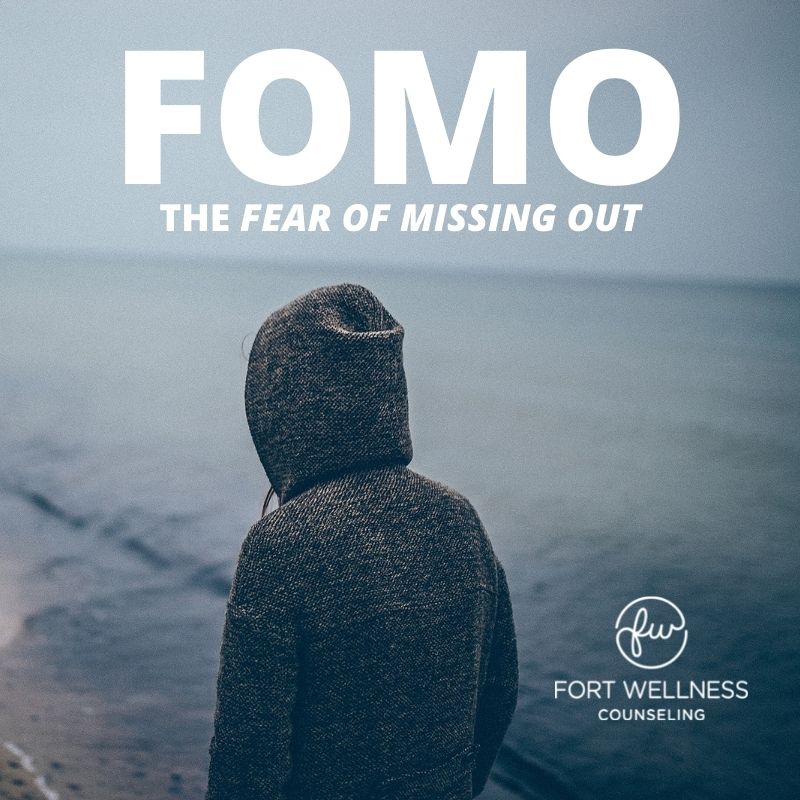
8 Tips for Coping with FOMO – The Fear of Missing Out By: Rane Wallace, MS, LPC, LCDC, SAP In this article, I’m going to
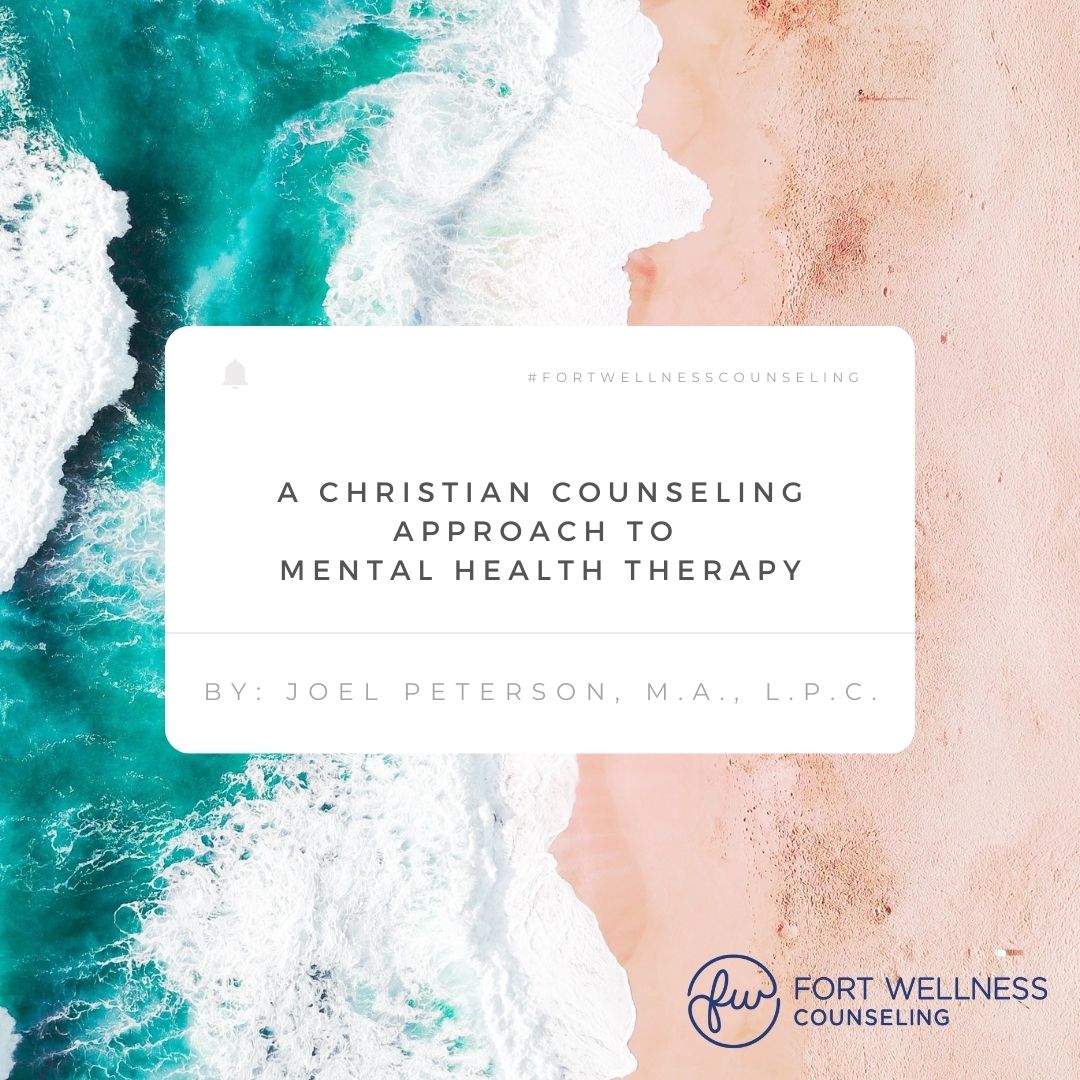
A Christian Counseling Approach to Mental Health Therapy Guest Post by Joel Peterson, M.A., L.P.C. What is mental health? Achieving your goals? Mental health and
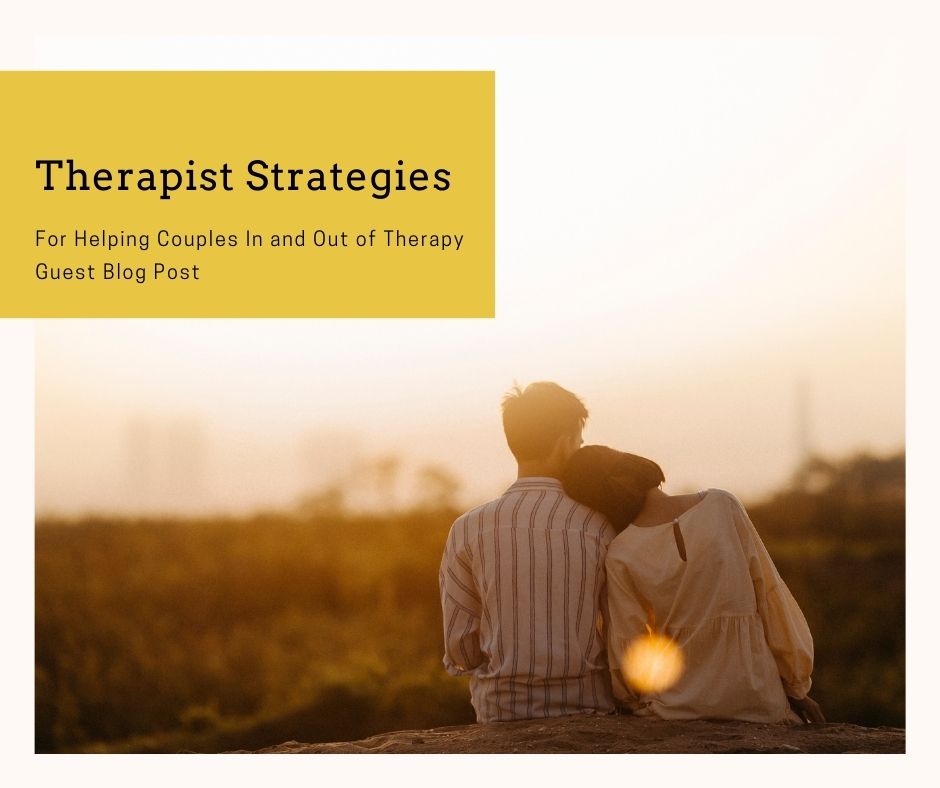
Strategies for Helping Couples In and Out of Therapy Guest Post by Zully Shultz, MS, LMFT As a relationship therapist and marriage counselor in Fort

Therapy with Fort Worth Therapists: Building Good Habits and Routines Rane Wallace, MS, LPC, LCDC, SAP Attending therapy with Fort Worth Therapists can help you
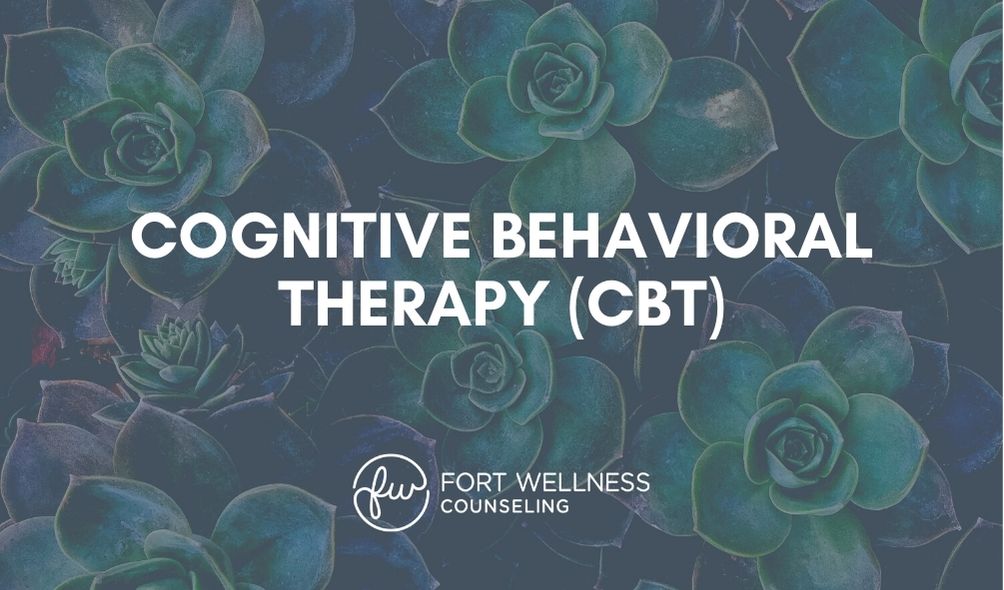
A Guide to Cognitive Behavioral Therapy and Common Techniques Rane Wallace, MS, LPC, LCDC, SAP In this article, I’ll briefly discuss what Cognitive Behavioral Therapy
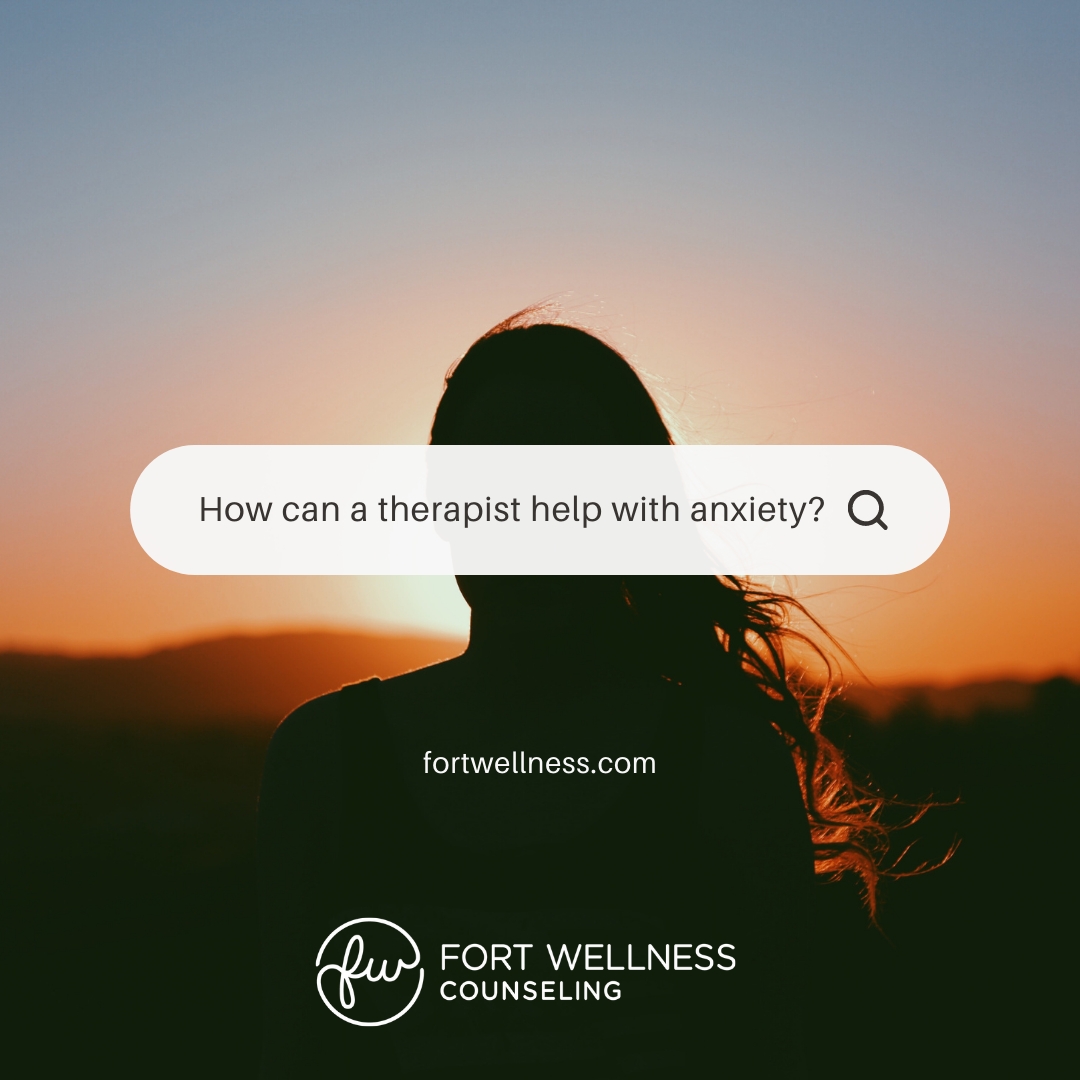
How Therapists Can Help You With Anxiety Rane Wallace, MS, LPC, LCDC, SAP In this article, I’ll discuss what anxiety is and list 4 of

Recovering from Drugs and Alcohol – Maintaining Sobriety in Fort Worth Guest Post by Neal Williams Today, I want to discuss the topic of Recovery.

Thanksgiving and Gratitude – Fort Worth Therapy Facts Guest Post by Amanda Averbeck, MS, LMFT-Associate I often see social media posts for 30 days of

The Continuum of Addiction and When to Reach Out For Help Rane Wallace, MS, LPC, LCDC, SAP Many people have a difficult time truly understanding

Helpful Things to Know About Depression Rane Wallace, MS, LPC, LCDC, SAP In this article, I’ll define what depression is and summarize the most common

When Should I Attend Therapy with Therapists in Fort Worth? Rane Wallace, MS, LPC, LCDC, SAP Are you not sure if you should attend therapy

How to Find Therapists in Fort Worth for Individual Counseling and Therapy Services Rane Wallace, MS, LPC, LCDC, SAP Do you want to find counselors

What to Expect at Your First Session of Therapy at Fort Wellness Counseling with Our Fort Worth Based Therapist and Counselor Part 3 of 3

The Benefits of Attending Therapy with a Counselor and Therapist in Fort Worth, TX Part 2 of 3 Rane Wallace, MS, LPC, LCDC, SAP What

What is Counseling, Mental Health Therapy, Psychotherapy and Talk Therapy? Part 1 of 3 Rane Wallace, MS, LPC, LCDC, SAP Part 1: What is counseling?